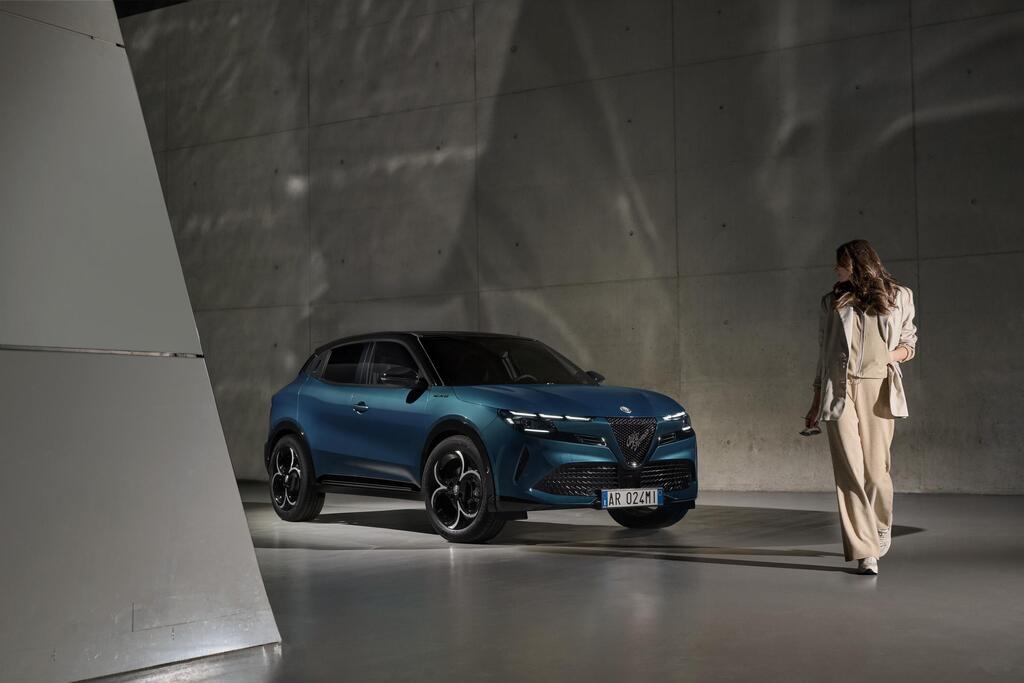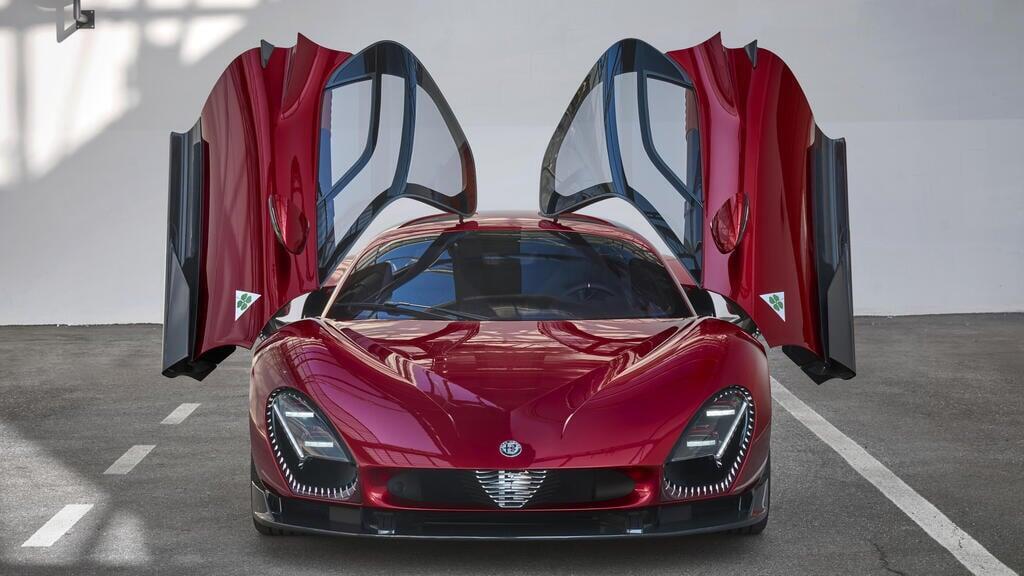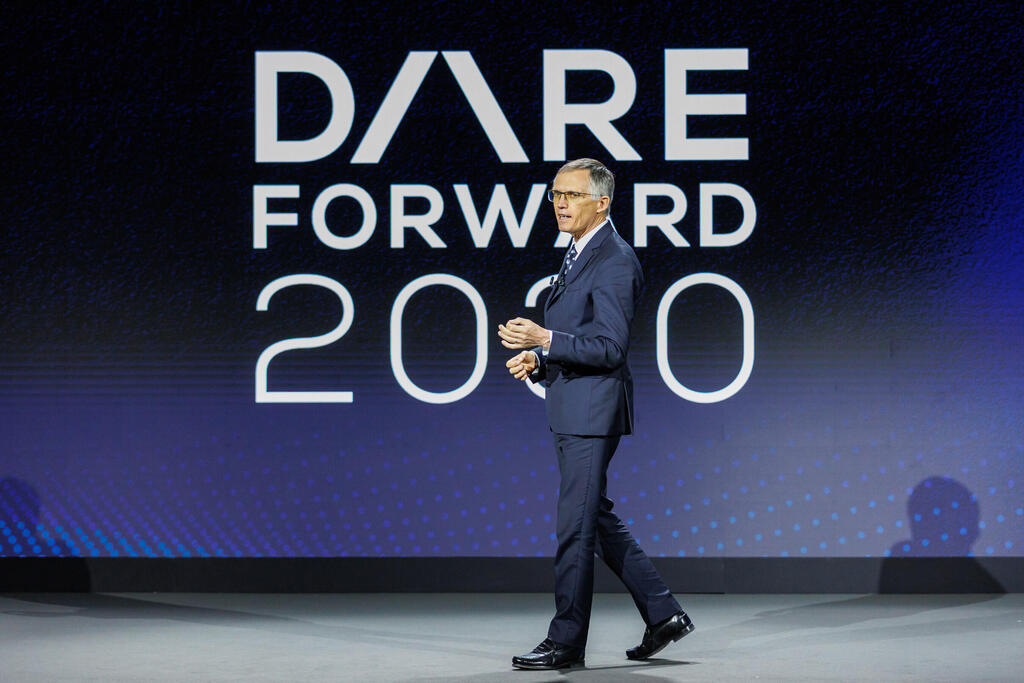Alfa Romeo unveiled its new Milano SUV last week, marking a significant milestone as it's the brand's first-ever electric vehicle. Interestingly, this model will also be the first from the esteemed Italian company to be manufactured outside Italy, specifically in Poland, alongside its platform counterparts, the Fiat 600 and the Jeep Avenger.
This move, however, has not sat well with the Italian government. Already faced with an unstable economy and looming job losses in the automotive sector, the government has taken issue with Alfa Romeo's decision. As a result, Adolfo Orso, the local Minister of Industry, has declared that the model cannot bear the "Milano" name, as per Italian law.
The law, dating back to 2003, forbids products from carrying Italian names if they're not produced within the country. Mainly applied to food products till now, the law is designed to prevent consumers from being misled into thinking a product is of Italian origin when it's not. Therefore, Orso announced, Alfa Romeo won't be able to sell the SUV in Italy under its current name.
It's noteworthy that Stellantis CEO, Carlos Tavares, prioritizes the consortium's profitability over Italian national interests. He argues that producing the car in Italy would've led to a price hike of 10,000 euros for consumers. So, in his view, keeping a competitive price tag of approximately 30,000 euros didn't leave any other alternatives.
This dispute over the obscure law is just the latest episode in an ongoing conflict between the Italian government and the Stellantis consortium, headed by Carlos Tavares.
Just last February, we reported that the Italian government was apprehensive about a French takeover of the consortium. This entity brings together the brands of the Peugeot-Citroën group and the Fiat-Chrysler group. Concerns were raised when the consortium failed to achieve the promised production target of a million cars a year in Italy, only managing to produce 750,000 cars in the country last year. Alfa Romeo unveiled its new Milano SUV last week, marking a significant milestone as it's the brand's first-ever electric vehicle. Interestingly, this model will also be the first from the esteemed Italian company to be manufactured outside Italy, specifically in Poland, alongside its platform counterparts, the Fiat 600 and the Jeep Avenger.
This move, however, has not sat well with the Italian government. Already faced with an unstable economy and looming job losses in the automotive sector, the government has taken issue with Alfa Romeo's decision. As a result, Adolfo Orso, the local Minister of Industry, has declared that the model cannot bear the "Milano" name, as per Italian law.
The law, dating back to 2003, forbids products from carrying Italian names if they're not produced within the country. Mainly applied to food products till now, the law is designed to prevent consumers from being misled into thinking a product is of Italian origin when it's not. Therefore, Orso announced, Alfa Romeo won't be able to sell the SUV in Italy under its current name.
It's noteworthy that Stellantis CEO, Carlos Tavares, prioritizes the consortium's profitability over Italian national interests. He argues that producing the car in Italy would've led to a price hike of 10,000 euros for consumers. So, in his view, keeping a competitive price tag of approximately 30,000 euros didn't leave any other alternatives.
This dispute over the obscure law is just the latest episode in an ongoing conflict between the Italian government and the Stellantis consortium, headed by Carlos Tavares.
Just last February, we reported that the Italian government was apprehensive about a French takeover of the consortium. This entity brings together the brands of the Peugeot-Citroën group and the Fiat-Chrysler group. Concerns were raised when the consortium failed to achieve the promised production target of a million cars a year in Italy, only managing to produce 750,000 cars in the country last year.
Tavares pointed out that the Italian government's investment in electric car incentives falls significantly short compared to other major European countries. This assertion came amidst discussions of a potential merger between Stellantis and Renault, under the guidance of the French government.
Recently, it was reported that the Italian government has been in talks with Chery and other Chinese auto manufacturers about establishing factories in Italy. In response, Tavares issued a stern warning, stating that "anyone who wants to introduce Chinese competition here will be held accountable for the unpopular decisions we will have to make. We may not need as many factories in Italy as we currently have." He went on to say, "We are prepared for a fight, and in a fight, there will be casualties."
At the press conference for the Milano launch, Tavares attempted to ease tensions with the Italian government. He promised that the next generations of Alfa Romeo Giulia and Stelvio would be manufactured in Italy and that Stellantis would invest 100 million euros to convert local factories for the production of electric models using the consortium's large platform.
However, Tavares was not shy in criticizing the locals. He stated that under Fiat's ownership, Alfa Romeo consistently experienced losses. In contrast, under Stellantis's ownership, it became profitable after many years due to a more effective investment strategy and better sales management.
Our take
The ongoing clash between the Italian government and the Stellantis consortium has been a long-standing issue. Currently, neither party is willing to back down. It's clear that a major conflict within the consortium, which includes 13 car brands from four different countries, is inevitable.
Naturally, the Italians have a lot more at stake in such a divide. They do not own car brands other than those of the Stellantis consortium. Given that the country's economy heavily relies on the consortium's employment opportunities, a split could have significant implications. Whether national pride will allow them to deescalate the conflict remains uncertain.




